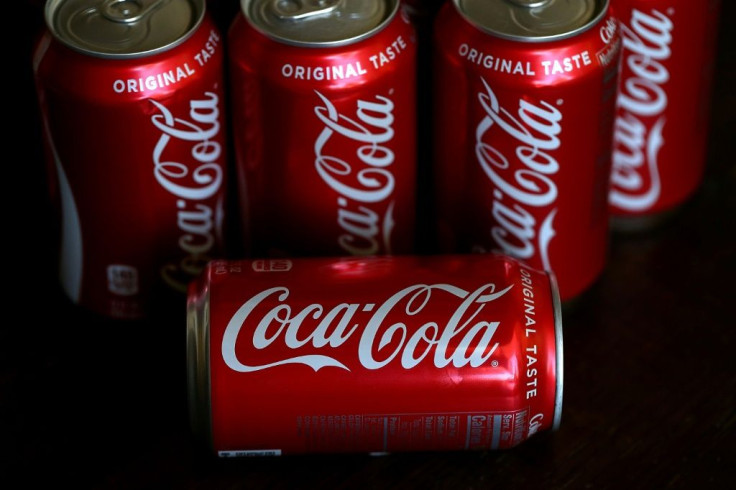Coke Vending Machines in Australia, New Zealand Now Accept Bitcoin

KEY POINTS
- Coke vending machines in Australia and New Zealand now accept Bitcoin as a payment method
- Using QR code to pay reduces physical contact with the vending machines, a concern especially during the COVID-19 pandemic
- Solutions are being tested to make Bitcoin become widely accepted as a payment method
Coca Cola Vending machines in Australia and New Zeland are now accepting cryptocurrencies, among them Bitcoin, as a payment method. Customers paying Bitcoin for Coke is yet another sign that the road to adoption is slowly, but surely, coming to cryptocurrencies.
Around 1,200 vending machines in the two countries are now accepting cryptocurrencies as a mode of payment, the Australian Financial Review reported. The customer has to open the crypto payment app Sylo and then scan the QR code displayed on the vending machine to pay. The cryptocurrency will be converted to Australian Dollar or New Zealand dollar before the vending machine pops out the purchase.
Coca Cola Amatil (CCA), the bottling company that handles the vending machines in the region, said it built QR code infrastructure to allow payments from Alipay and WeChat Pay, popular with tourists. CCA partnered with New Zealand-based Centrapay to incorporate crypto payment methods on the vending machines.
The added benefit is the fact that using QR code allows for reduced physical contact between the customer and the vending machine, which are usually around tourist areas where many people interact with them. The current COVID-19 pandemic raised concerns over touching surfaces which may have the virus. Using QR codes will reduce contact with foreign surfaces more than using physical cash. Cash itself was found to be carriers of the virus as well.
The first step toward mainstream digital transactions is here!
— centrapay (@centrapay) June 9, 2020
Buy a Coke with #Bitcoin using your @sylo smart wallet@CocaColaAmatil @sylo @cennznethttps://t.co/Nx5ezyN5bO pic.twitter.com/m94fisEuLZ
CCA and Centrapay said they will work together to bring the technology to other countries, particularly to the U.S. market.
Getting Bitcoin to be used as a payment method is seen as an important step to crypto adoption. So far, there are efforts undertaken in different countries. BitPay is a payment processor that, when incorporated into a company’s payment system, will allow them to accept cryptocurrency. To date, BitPay’s system is incorporated in Shopify, the Dallas Mavericks Store, and Newegg. Online-focused companies such as Namecheap and Overstock also allow users to pay for services using Bitcoin.
It will take a while, however, for crypto to catch up to credit cards or cash as payment methods. Visa alone processed 165 billion transactions in 2018, handling 65,000 transactions per second, dwarfing Bitcoin’s 3 to 7 transactions per second. This is a scalability concern raised to its creator Satoshi Nakamoto on the day he sent a message to the cryptography mailing list announcing his Bitcoin proposal. Suffice to say, a decade later and it remains as Bitcoin’s biggest barrier to adoption.
Solutions are being tested to address scalability. One such solution is the Lightning network, which adds an additional layer to the Bitcoin blockchain to settle transactions between two people.
Others have abandoned the idea of Bitcoin being used as a payment method in favor of the cryptocurrency becoming a store of value.
© Copyright IBTimes 2025. All rights reserved.





















